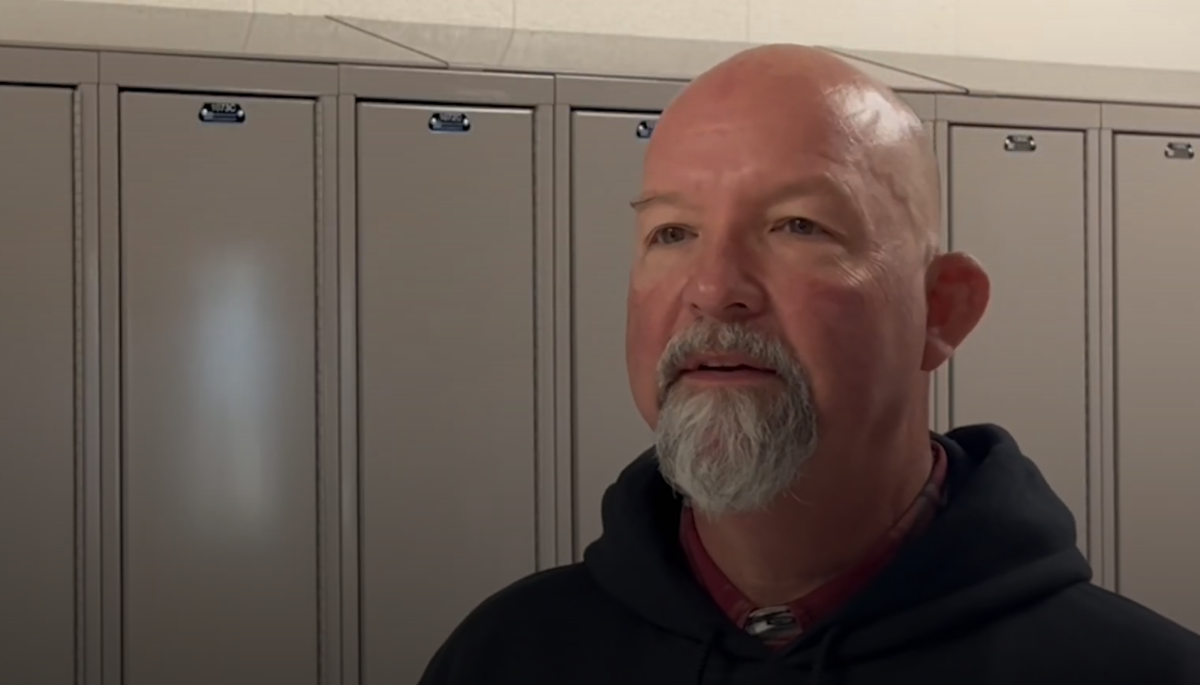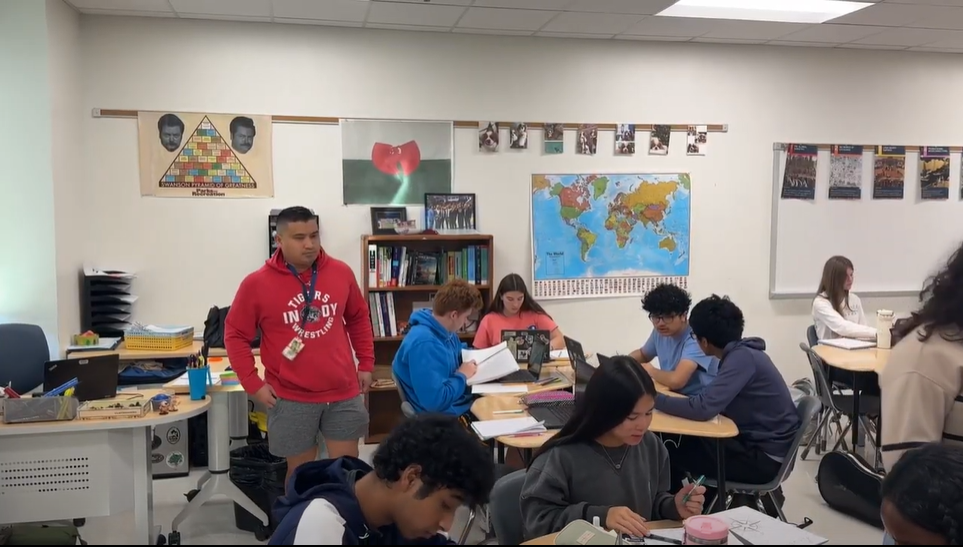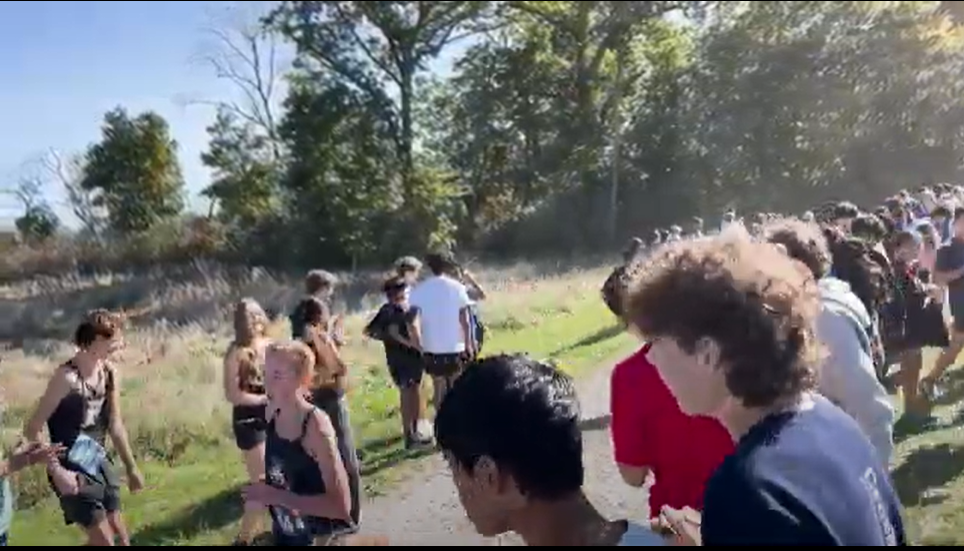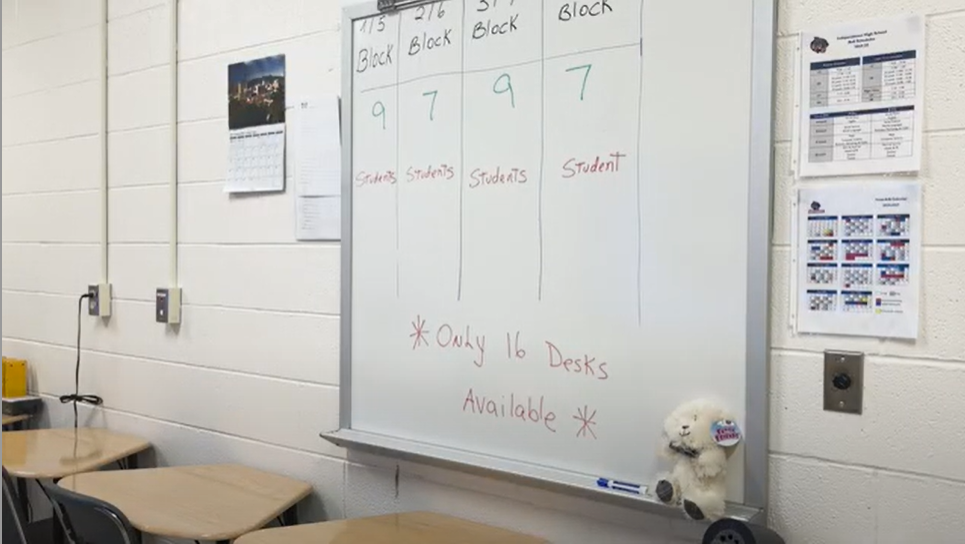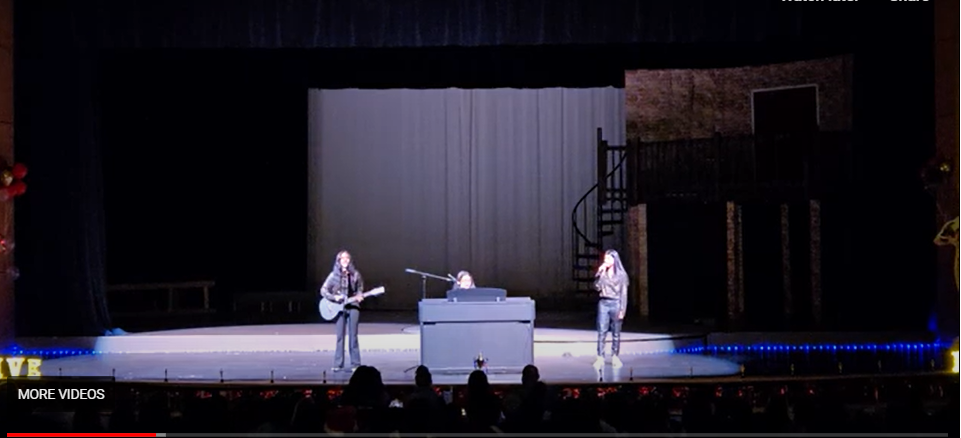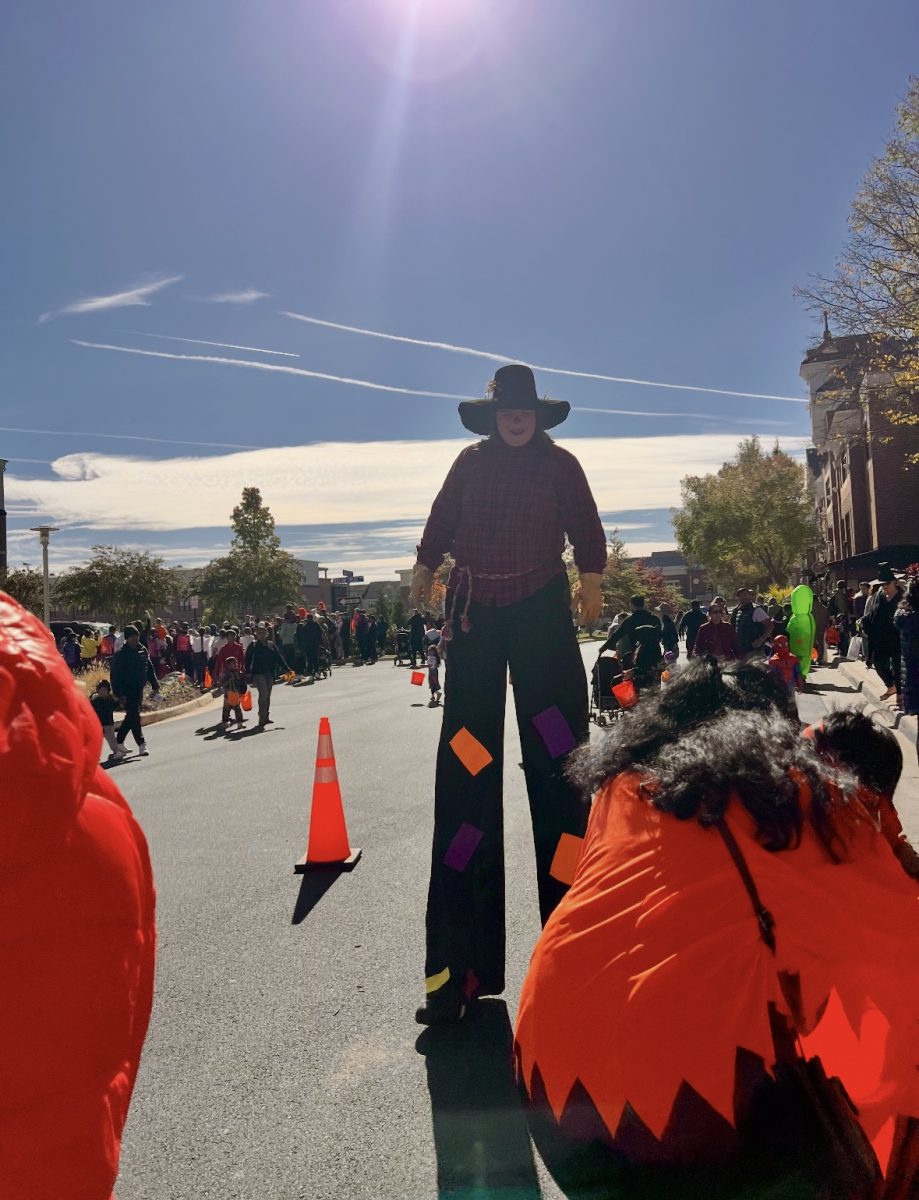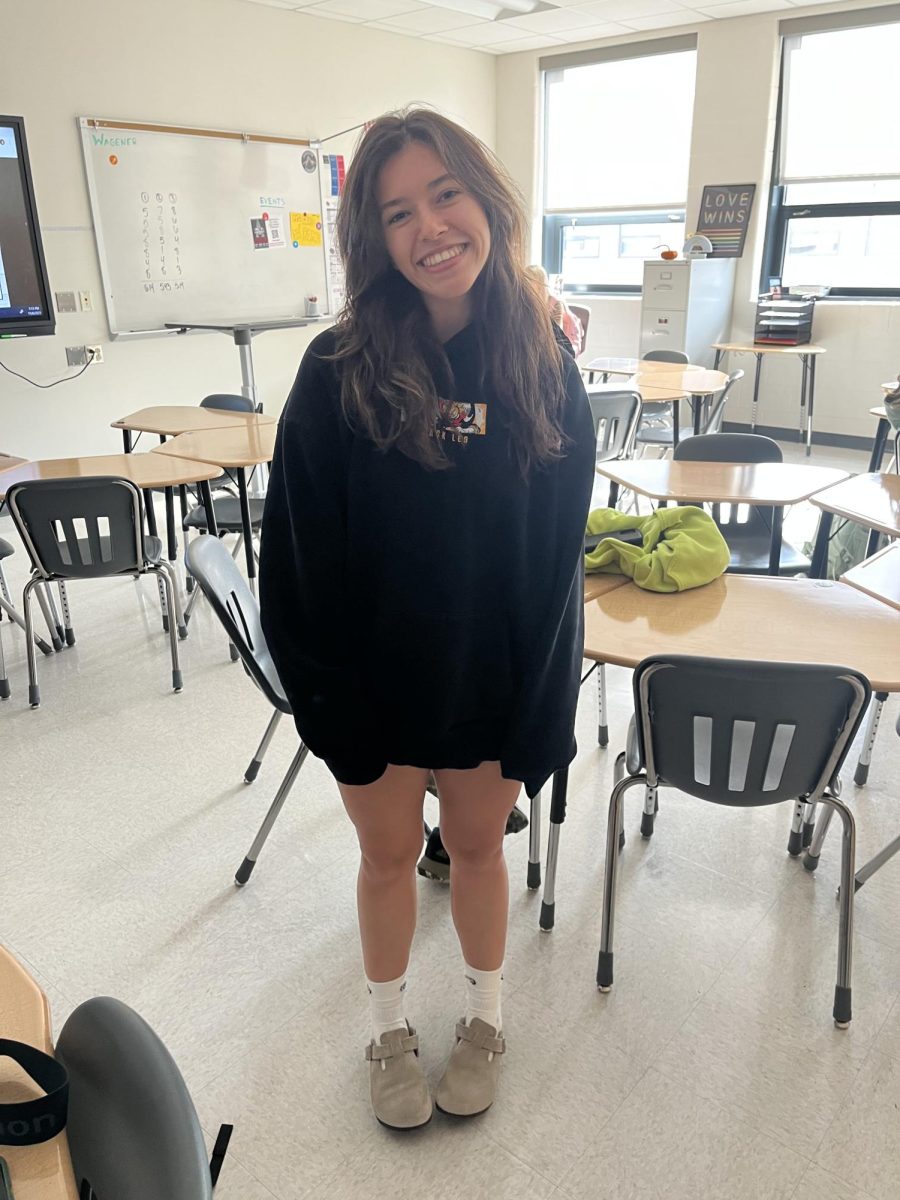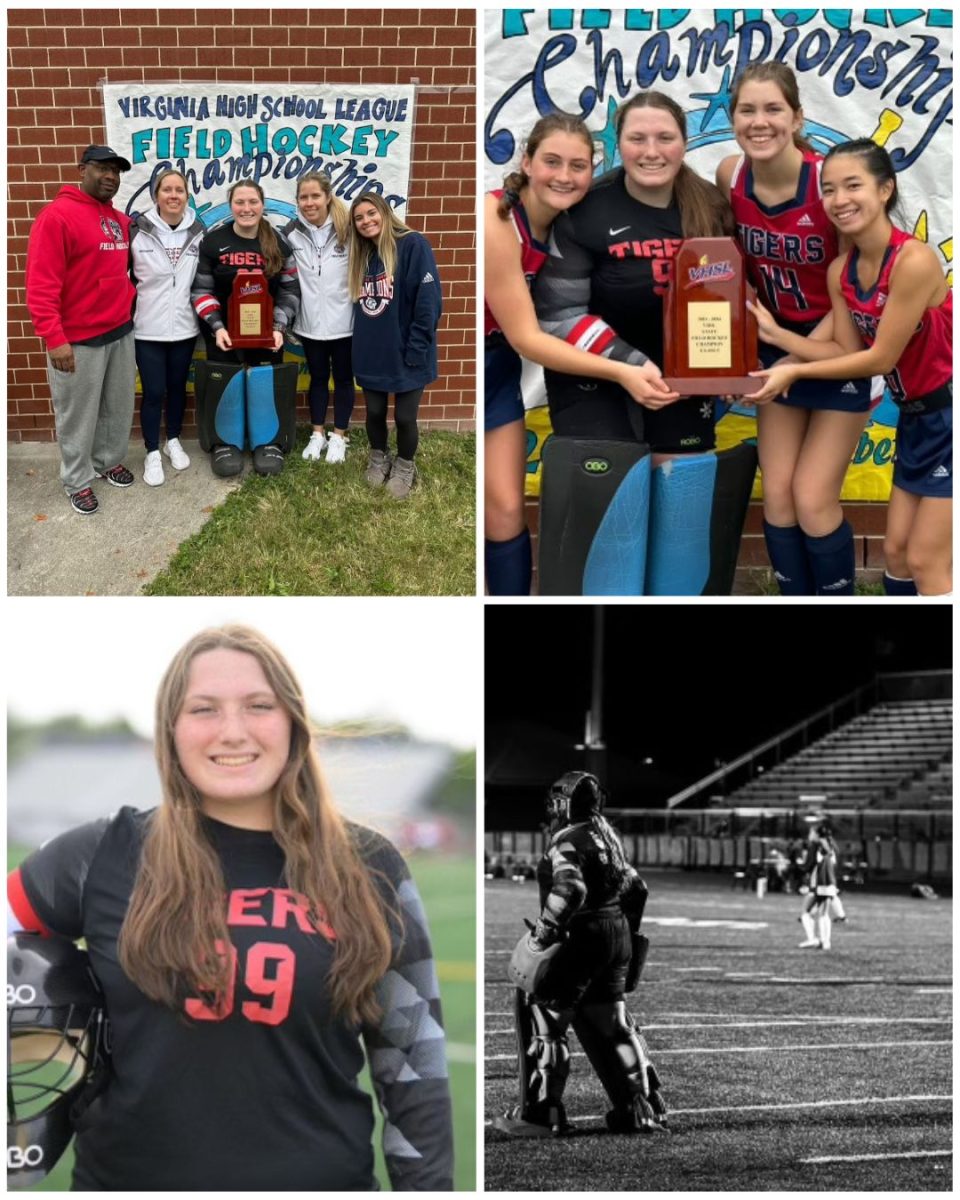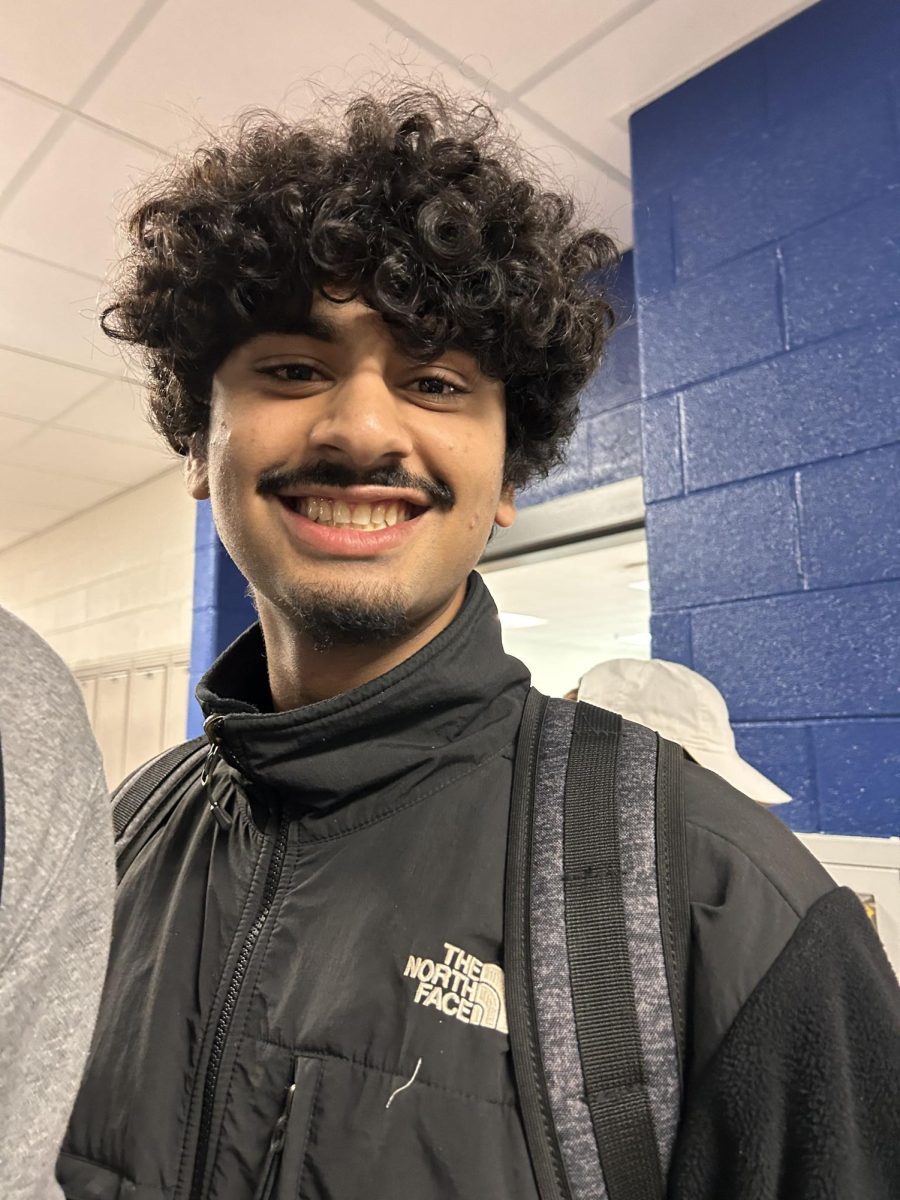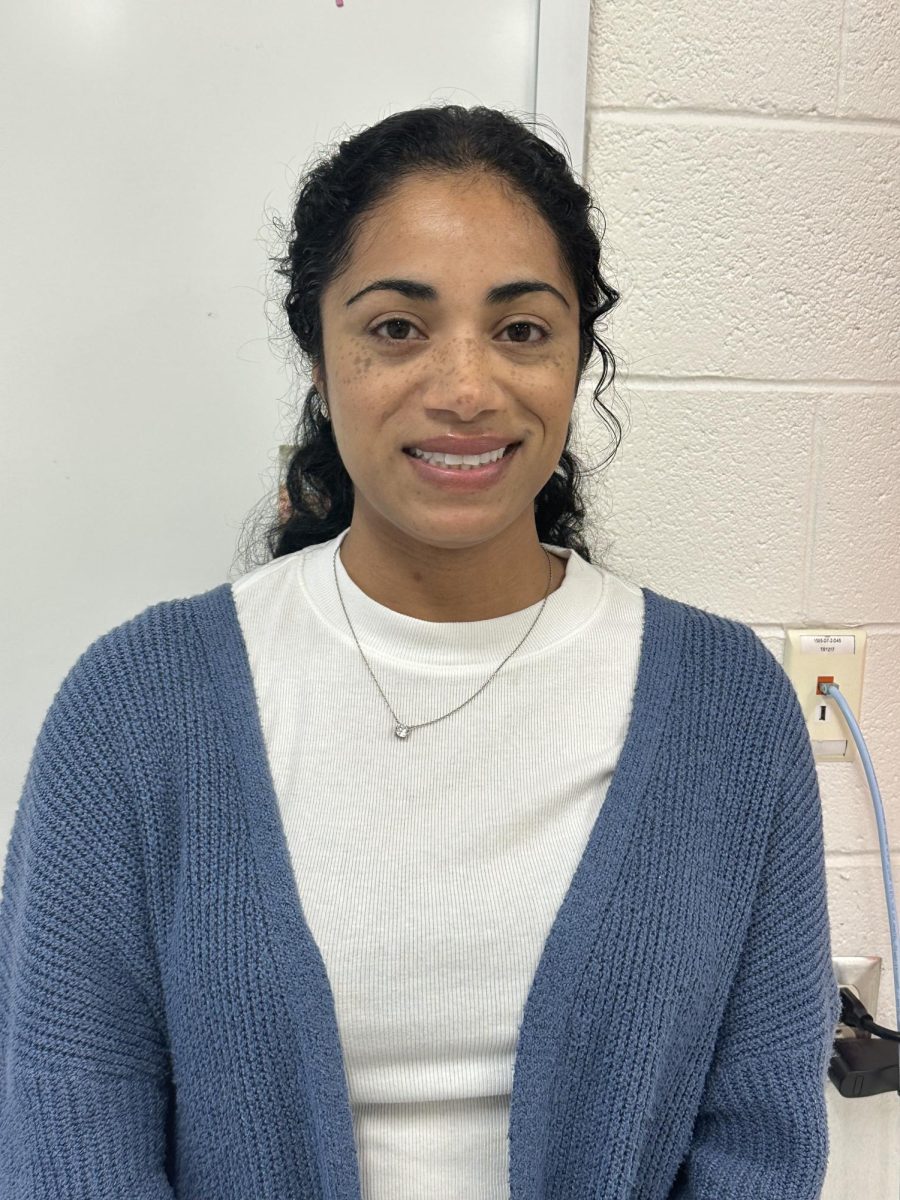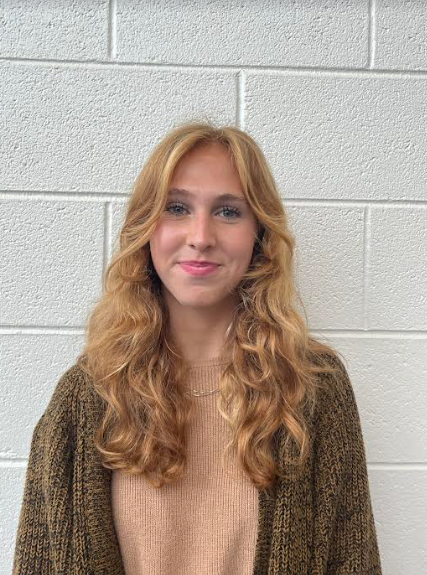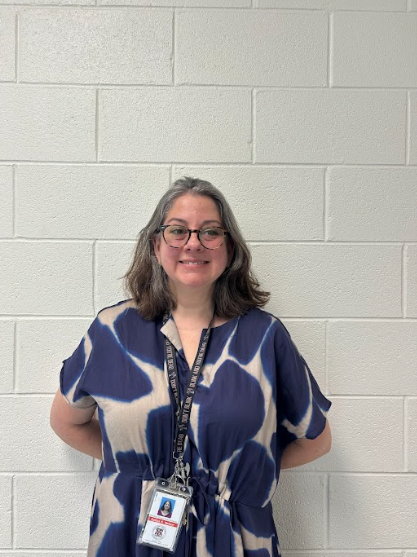
Question: Would you be able to tell me a little bit about your career before Independence?
Answer: Well, my husband was in the military, so I’ve taught elementary school, middle school, high school. I taught all over the country, in Texas, Tennessee, Florida, California. Before that, I worked as a stage manager and costume designer in the theater.
Question: Could you tell me a little bit more about when you were a costume designer?
Answer: So, after college, I did some stuff with the Oak Grove Theater in Stanton, Virginia, and then I did some stuff in Texas, costume training with different high schools, and I stage managed some Shakespeare in Fayetteville, North Carolina.
Question: What inspired you to become a teacher after your experience with stage managing?
Answer: I always wanted to be a teacher in high school. I started off in the theater, teaching there. It’s hard to get positions to teach theater, so when my kids got old enough to be in school, I decided I could go back and get my master’s in education and be able to go back to teaching.
Question: How would you say that your experience with theater has contributed to your style of teaching?
Answer: Well, I like to start with games. And when I can, even in English, you know, we don’t do too much. I’d rather play games to kind of get people warmed up. But in theater, you get to see all sorts of different types of kids, kids that might not ever come outside their comfort zone because they’re here. I had a great kid who was always excellent. He was always suspended, and was a boxer, and he did makeup for a show. He was really good at doing split knuckles, and things like that, and that was the only semester he ever managed to not get suspended. And when you see a kid that doesn’t normally go outside their comfort zone, and they’re in English, and they’re sitting, trying not to make eye contact with me, and then I see them in theater, and they’re climbing ladders and hanging lights, or they’re showing you a whole other side of them, and have such a different personality. It’s much freer. It’s really nice to see that.
Question: As a teacher, what do you want your lasting impact on students to be?
Answer: I want them to know that I believed in them. I want all my students to walk away knowing that Ms. Nelson was on their side. If someone’s working with me, or struggling, and I see work, I’m not going to let you fail. As long as you’re meeting me halfway, or as long as we’re working together, I’ll be there to catch you. I mean, you know, there’s some kids where you’re like, ‘I haven’t seen you all semester! I don’t even know your name!’ So yes, they’re struggling, I understand why they’re struggling. But if you are working, I guarantee you’re not going to fail. I find other ways to assess your learning. Maybe you don’t like papers? Well, talk to me about it, but you need to do something else to show me that you know.

